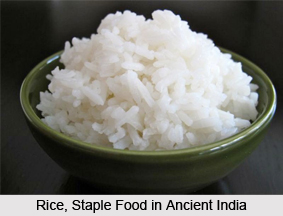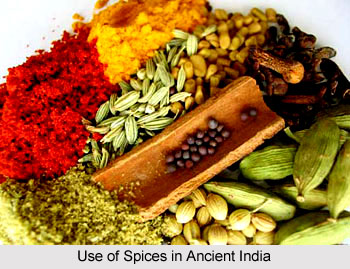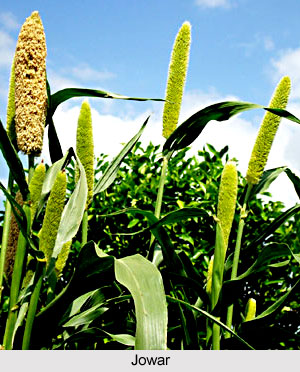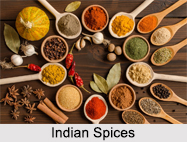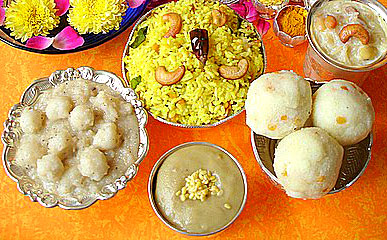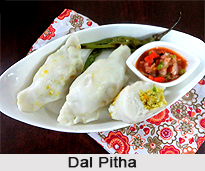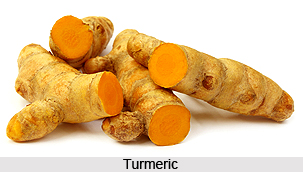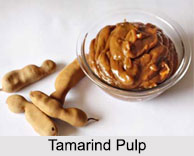 Tamarind Pulp is traditionally popular in India as condiment added to many dishes like Rasam, Sambhar, chutneys, curries, etc. It is a thick extract made from tamarind. The pulp of ripe fruit of Tamarind tree is commonly used as condiment in many Indian dishes particularly South Indian dishes.
Tamarind Pulp is traditionally popular in India as condiment added to many dishes like Rasam, Sambhar, chutneys, curries, etc. It is a thick extract made from tamarind. The pulp of ripe fruit of Tamarind tree is commonly used as condiment in many Indian dishes particularly South Indian dishes.
Etymology of Tamarind
The botanical name of Tamarind is "Tamarindus indica Linn." and belongs to the family of "Leguminosae". The fruit has different names in every states of the country. The Indian names of Tamarind in different languages are "Imli" in Hindi, Punjabi, Urdu; "Ttali" in Assamese; "Tentul" in Bengali; "Ambli" in Gujarati; "Hunise Hannu" in Kannada; "Puli"in Malayalam and Tamil; "Chinthappandu", "Chinta", "Amlika" in Telugu; "Chinch", "Chincha"in Marathi; "Tentuli" in Oriya and "Yamadutika", "Amli", "Abdika" in Sanskrit. 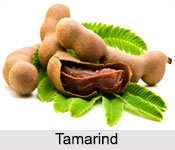
Properties of Tamarind
Tamarind is a very valuable commodity in the world because of its nutritional components. These include a significant level of vitamin C, E, and B, calcium, iron, phosphorous, potassium, manganese and dietary fibre. There are also a number of organic compounds that make tamarind a powerful antioxidant and anti-inflammatory agent.
Use of Tamarind Pulp in Cuisine
Tamarind Pulp is an essential ingredient in the preparation of South Indian dishes like Sambhar, Rasam and various other dal and vegetable preparations. It lends the dish a classic sour taste to the food. It is also used to season foods such as chutneys and pickled fish. The fruit is removed from the pods and must be separated from the seeds in order to use it.
Use of Tamarind Pulp in Medicine
The pulp has a lot of medicinal virtues. Ayurvedic practitioners and folk doctors frequently used it as medicine. It was also a part of the home remedial system. The ripe fruit is considered as appetizing, laxative, tonic to the heart, anthelmintic, heals wounds and fractures, and rectifies disorders of Kapha and Vayu. Tamarind also relieves pain, boosts the immune system, reduces fever, lowers cholesterol to improve cardiovascular health, treats piles, prevents cancer, and protects against parasites and worms. The leaves, the flowers, the unripe fruits, bark and the seeds are considered medicinal and a number of medicines can be prepared out of them. They are effective both for internal and external applications.

